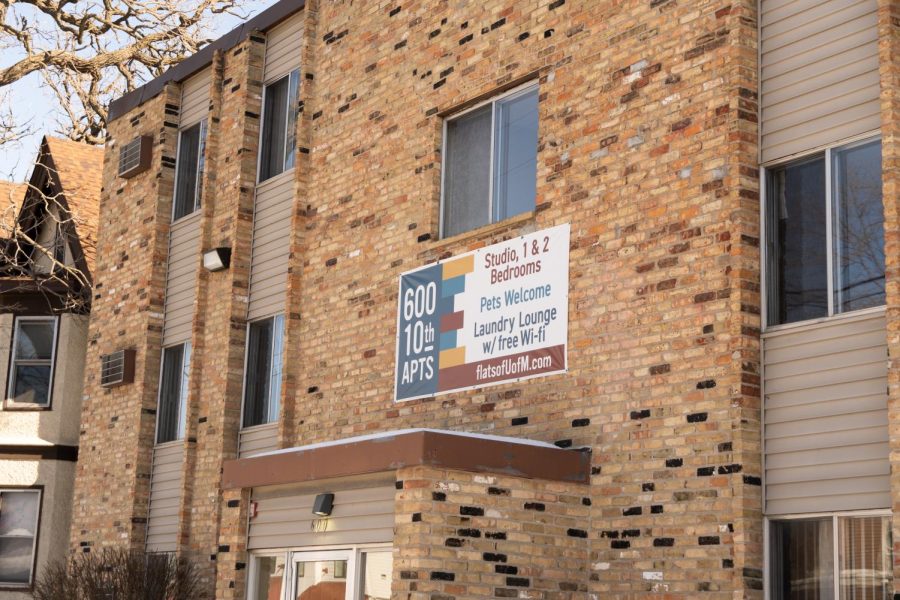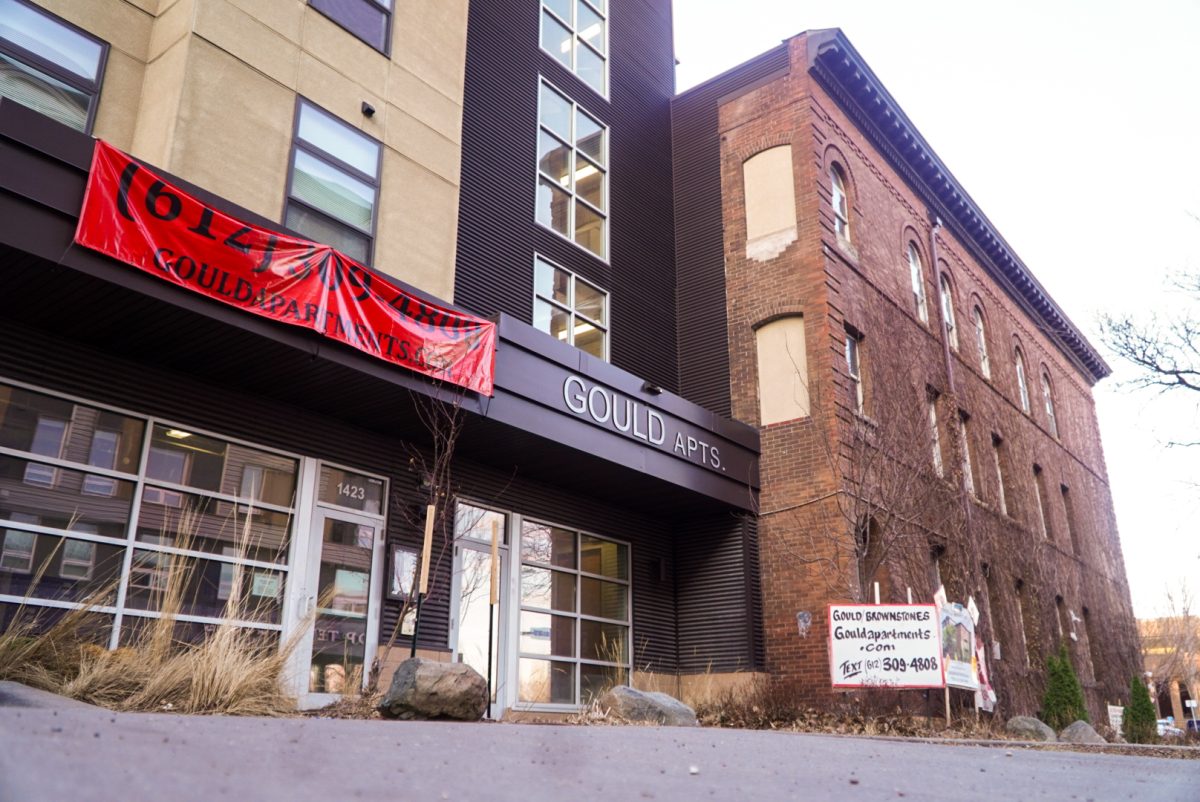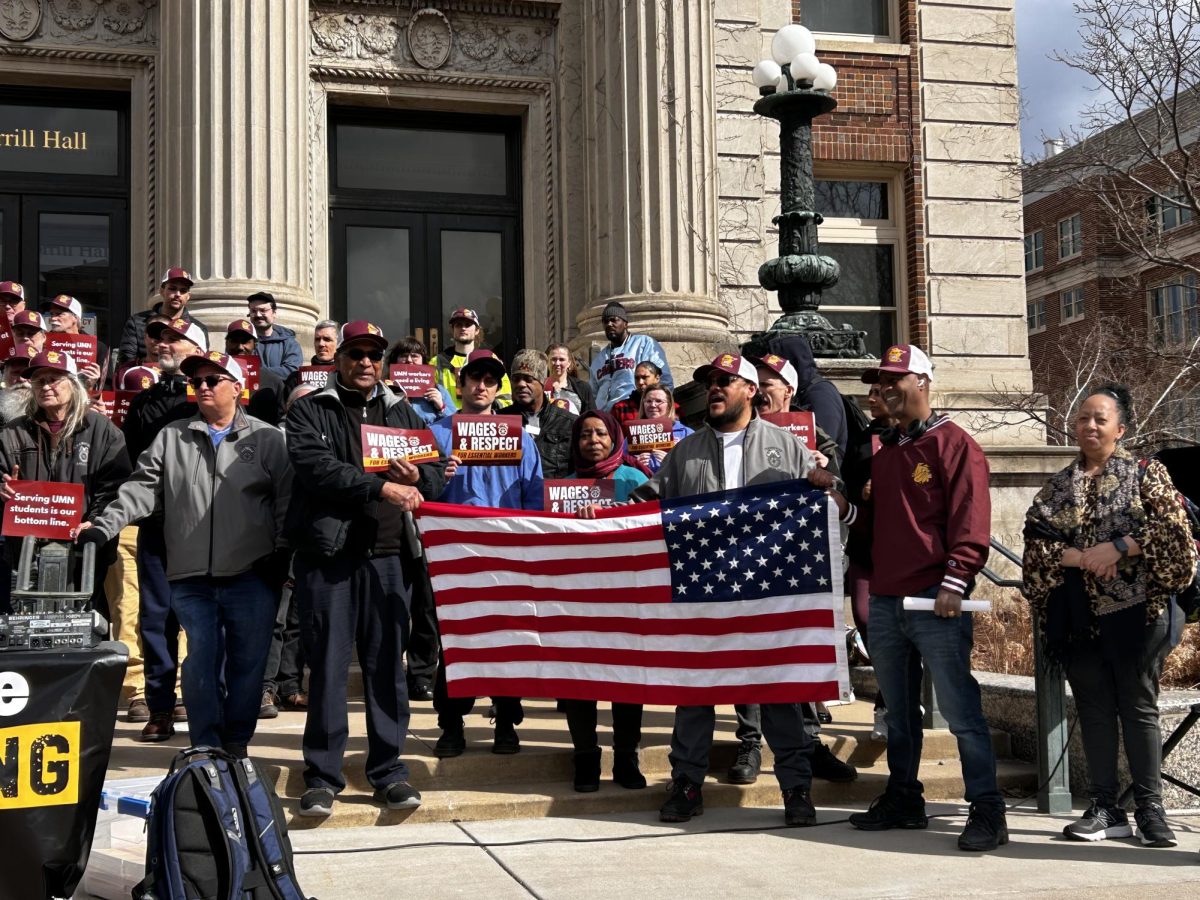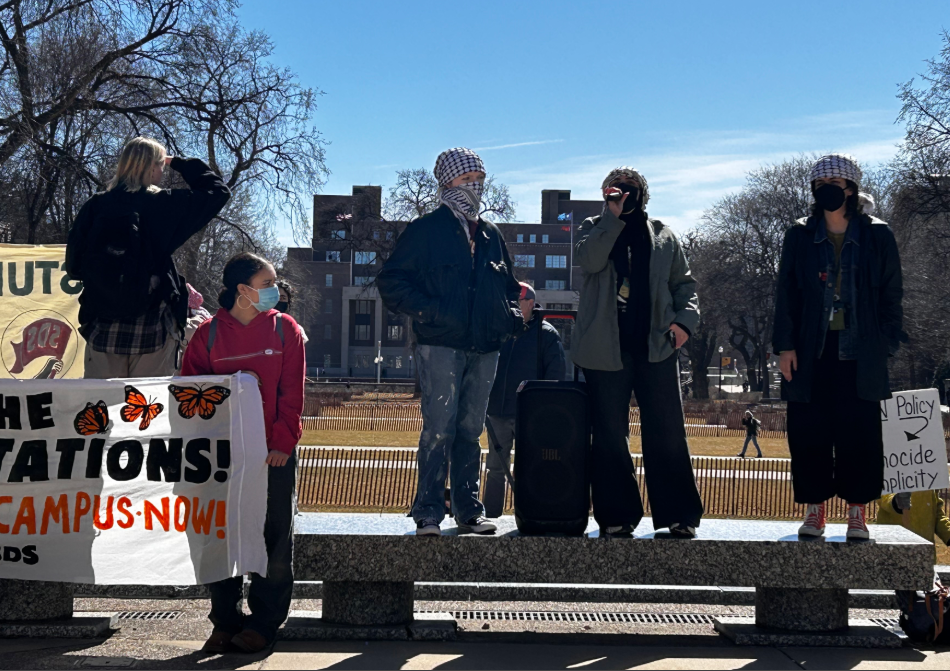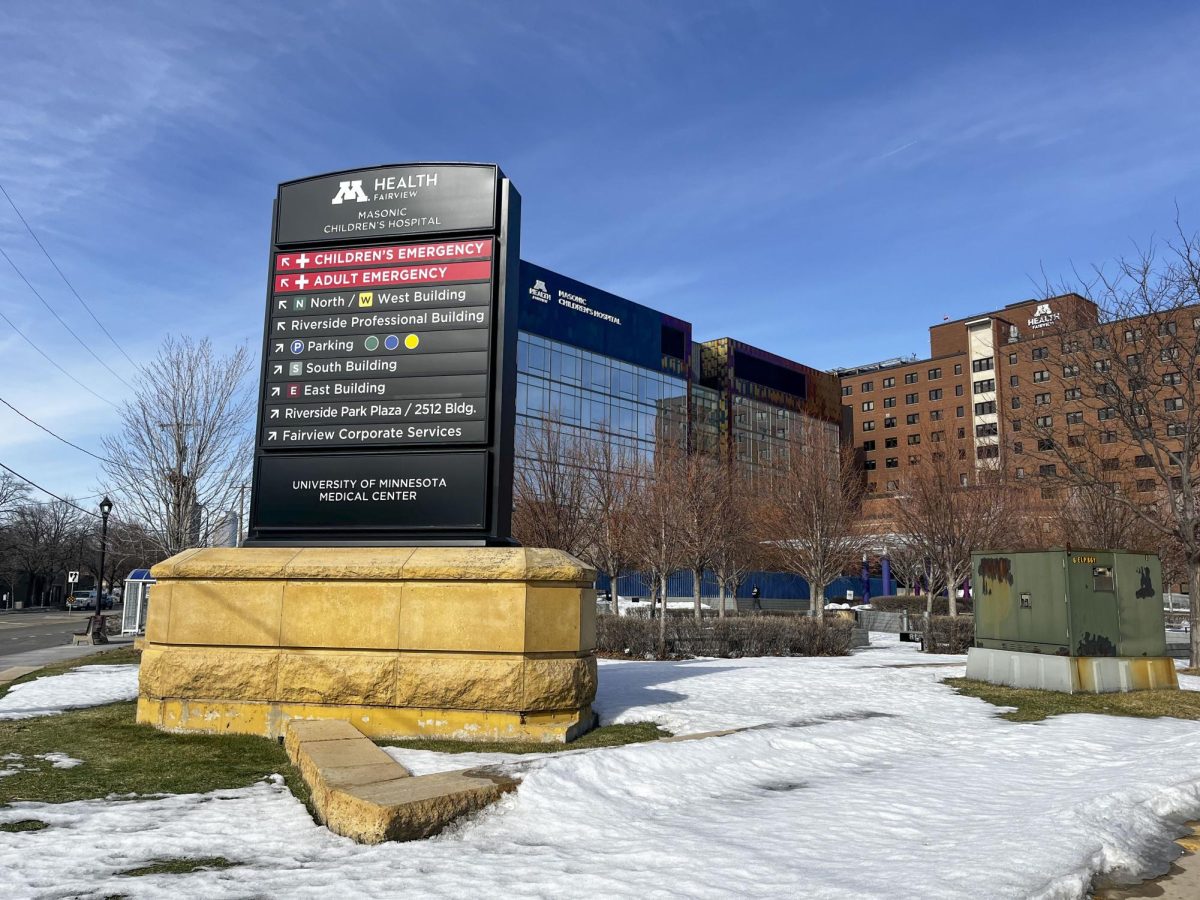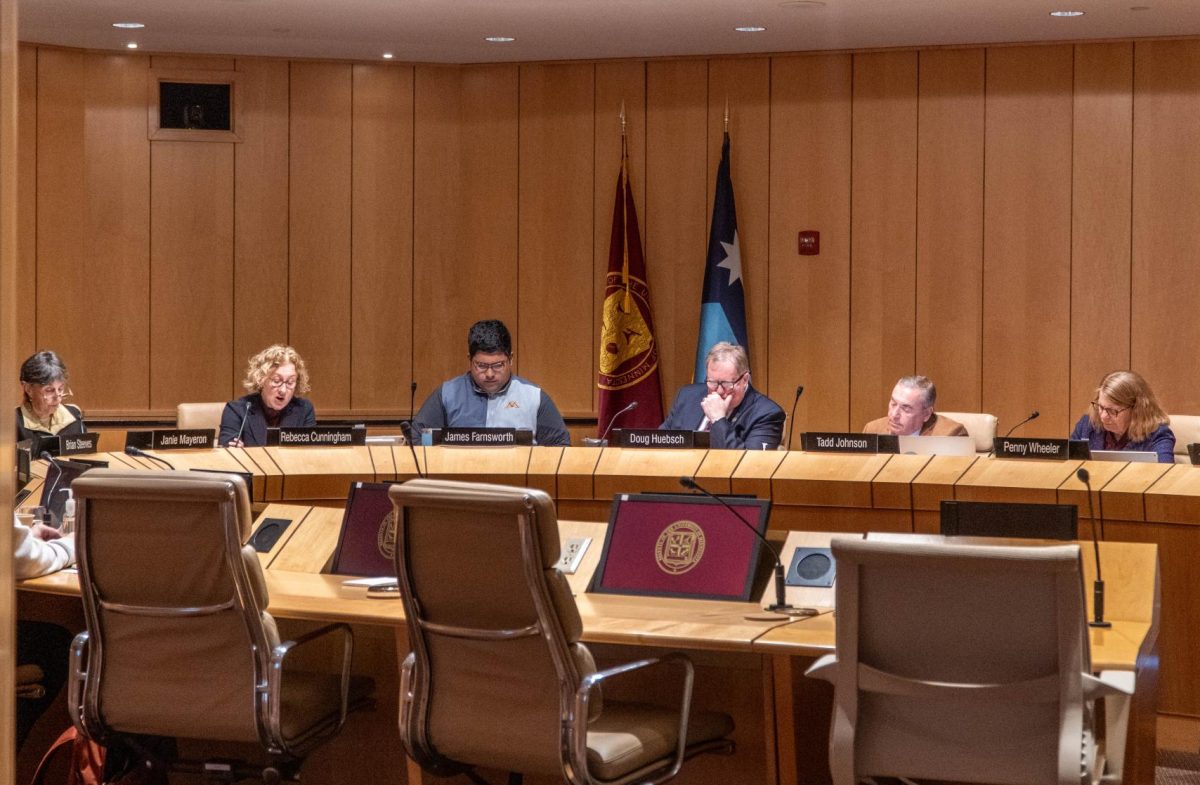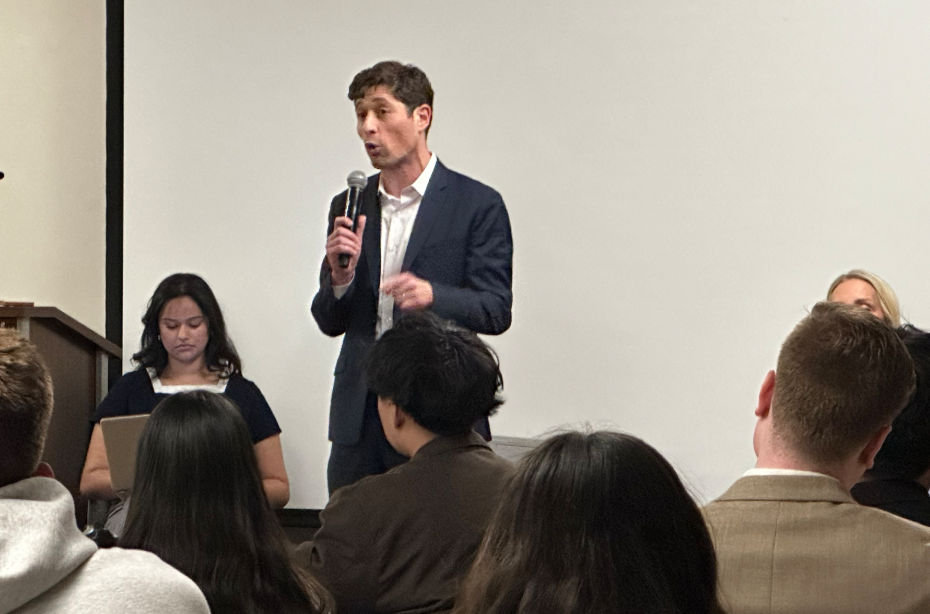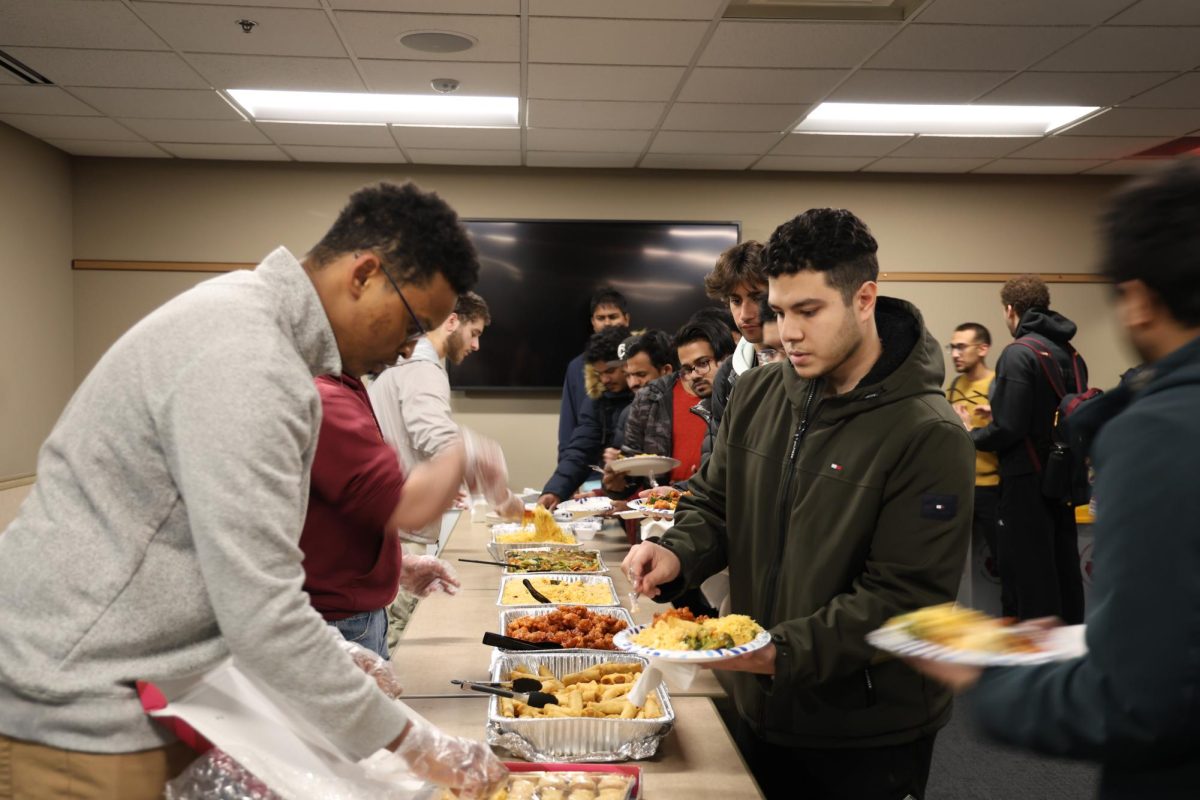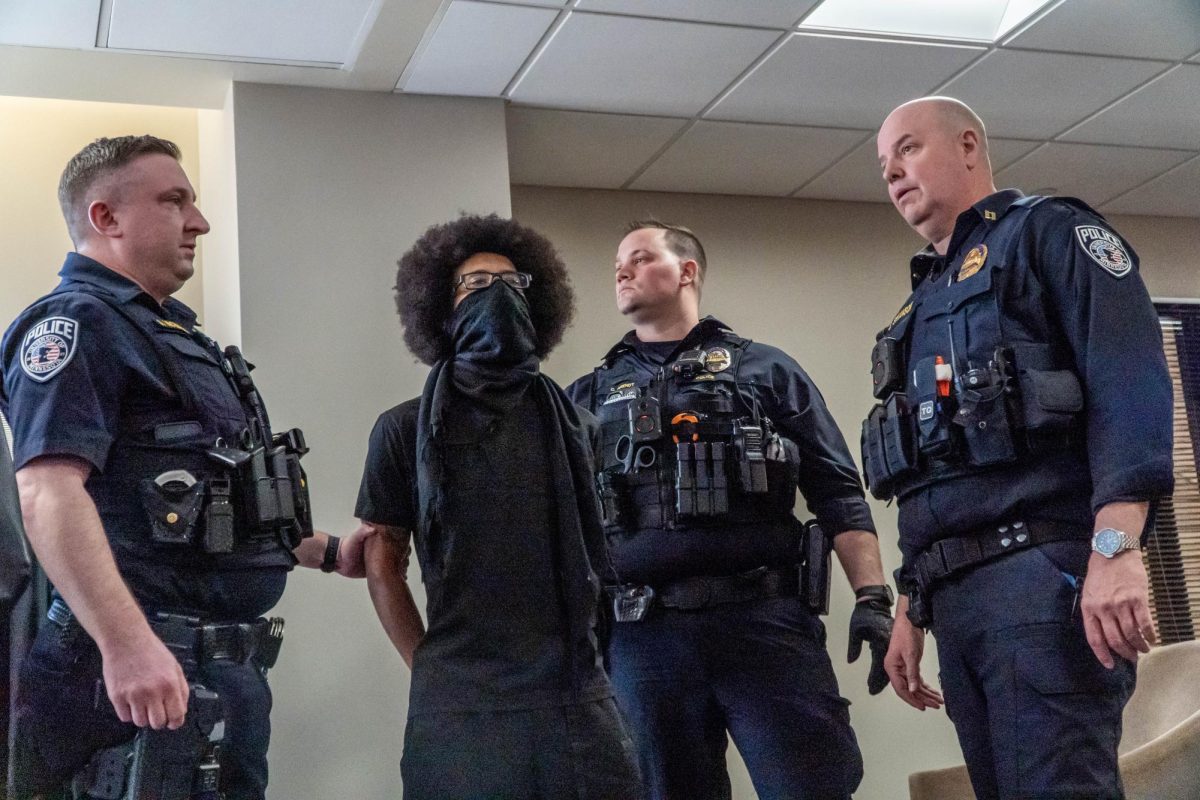The University of Minnesota’s Undergraduate Student Government (USG) leaders hope to reduce stress for student renters through legislation introduced in the Minnesota Senate Feb. 2. The bill would prevent landlords from pressuring tenants into re-signing their leases for at least four months after signing leases that are at least 10 months long.
Student tenants living near the University often experience their landlord asking them to re-sign their lease for the following year shortly after moving in. According to survey data from USG, nearly 74% of students were told to renew their lease for the 2020-21 school year prior to January 2020 to avoid the risk of losing their unit for the following year.
Siya Sakhardande, state coordinator for USG’s government and legislative affairs team, said the bill has gained support since being shared with students.
“Within USG, everyone’s been very supportive of the process,” Sakhardande said. “I haven’t heard any pushback from students throughout the time I’ve been working on it.”
Sakhardande said she began meeting state legislators and working on the bill with Sen. Zaynab Mohamed (DFL-Minneapolis), who served as the bill’s chief author, in September.
“The housing committee this year is very tenant friendly, so I think it has a good chance of getting signed into law,” Sakhardande said.
If passed, it will affect all tenants in the state of Minnesota, but those living near the University will be especially impacted, according to Sakhardande.
“This is not a common thing that happens outside the U or other college campus-type environments, where they pressure you to re-sign so quickly,” Sakhardande said. “That’s what I’ve heard time and time again, and so I think making a real move on it this year is the right time.”
Early renewal requests create dilemma for some students
Zoe Rutledge, a second-year University student, moved into the 44 North apartment complex near Prospect Park on Aug. 26. She said she received the first email from 44 North about renewing her lease just a few weeks later, on Sept. 15.
“I would say it definitely did add some level of stress because we were still in the process of moving in,” Rutledge said. “We hadn’t even fully settled and then classes were starting up as well…and then we immediately were getting notices asking about next year.”
Rutledge said along with email reminders, the apartment had posters posted on the elevators and doors encouraging tenants to renew as soon as possible, but they did not include a deadline for renewing. Rutledge later discovered tenants had until Dec. 26 to renew their lease before 44 North could sign their unit to a different person.
“They were using really stressful terminology,” Rutledge said. “They would say ‘You’re gonna lose your spot if you don’t renew.”
Rutledge said she and her roommate re-signed their lease at 44 North last fall for next school year but said they would not have without the fear of losing their apartment.
“As I’ve gotten further into the year, I kind of was looking at other places and wishing we could be somewhere else even though I am still happy here,” Rutledge said.
Rutledge said she heard classmates talking about similar issues in September and sees a lot of Facebook posts from students who need to fill a vacant spot in their housing situation for the following year, which is why Rutledge said USG’s bill is great for students.
“I think it’d be helpful, especially for students who are transitioning from dorms to apartments,” Rutledge said. “I think having four months is a great period of time so you have time to get adjusted and kind of figure out if you like living there, what your plans look like and how school is going.”
Homeline is a free hotline that Minnesotans can call for legal housing advice. Daniel Suitor, a housing attorney for Homeline, said he receives calls regularly from student tenants at the University in the fall about the early renewal process.
Suitor said he understands students’ frustrations about being asked to re-sign their lease early because of how fluid living and roommate situations can be for college students.
“What I remind students is that you don’t have to sign. A lot of times students will say, ‘I felt forced to, I was afraid I would lose the house,’” Suitor said. “The landlord can’t force you to sign. I usually say if you’re very confident in your roommates and very confident in where you want to live, you can re-sign.”
Calvin Pevon graduated from the University in May 2022 but lived in the Floco Fusion apartments in Dinkytown from 2020-22.
While Pevon did not have much stress when deciding to re-sign each year, he said apartment complexes pressuring students into re-signing early is a widespread problem. He said every year he lived there, Floco Fusion began asking students to re-sign in late September or early October.
“Living in college is already hard enough by itself,” Pevon said. “You’ve got all these different possibilities that are open to you, and you need extra time to be able to adjust.”
Pevon said early renewal deadlines were a factor that caused frequent turnover in his roommate situation. Pevon said his roommates were hesitant to make the financial commitment by renewing early, and it was challenging to find another roommate for the following year.
Suitor said student tenants are often at a disadvantage compared to experienced tenants because they are usually first-time renters and may not have as much stability in their lives. He recommended students seek advice from the University’s Student Legal Service if they need help understanding their rights.


